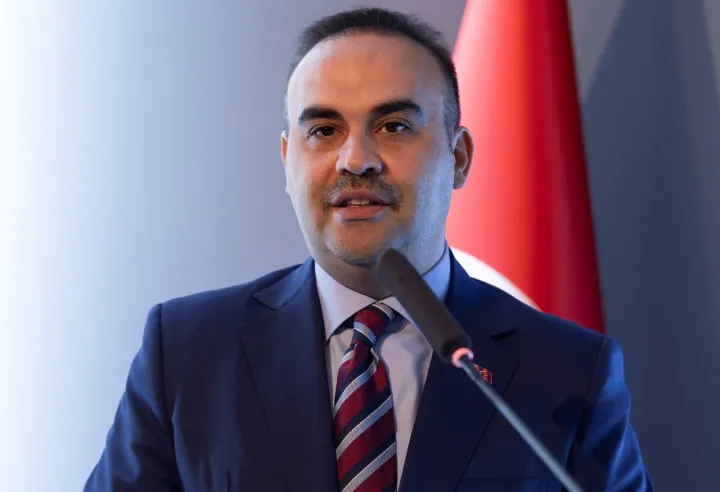A humanitarian crisis is unfolding in Nigeria's northeastern Borno state as devastating floods have displaced over a million people and overwhelmed medical services, a refugee agency says.
The region, already grappling with the effects of a long-running insurgency, is now facing a potential outbreak of waterborne diseases.
The floods, the worst in three decades, have claimed the lives of more than 30 people.
Over the weekend, an additional 50,000 people were displaced in northeastern Nigeria as the floods intensified, the Norwegian Refugee Council (NRC) said on Monday.
'Increasingly dire'
"The situation in the Sahel and Lake Chad region is increasingly dire, as the compounding effects of conflict, displacement, and climate change take a severe toll on vulnerable populations," said Hassane Hamadou, NRC's Central and West Africa regional director.
Many of the displaced are living in camps without access to food or clean water, making them particularly vulnerable to illness.
The situation is further exacerbated by the strain on aid agencies and government resources.
The floods in Borno, the birthplace of the Boko Haram militant group, were triggered by a dam bursting after heavy rainfall.
Sahel region flooding
Similar flooding has occurred in other parts of the Sahel region, including Cameroon, Chad, Mali, and Niger.
In the past two weeks, floods across West and Central Africa have displaced over 1.5 million people and caused nearly 465 deaths, according to the United Nations.
In northeastern Nigeria alone, an additional 50,000 people have been displaced in recent days.
The Norwegian Refugee Council (NRC) has warned of the dire situation in the region, highlighting the combined impacts of conflict, displacement, and climate change on vulnerable populations.
Stretched medical care
In Maiduguri, the state capital, hundreds of people are waiting for hours to see doctors, as many are suffering from illnesses like diarrhea. Bintu Amadu, whose son is sick, described the frustration of seeking medical attention without success.
Ramatu Yajubu, despite obtaining an appointment card, expressed uncertainty about receiving treatment due to the overwhelming demand for medical care.
Mathias Goemaere of Médecins Sans Frontières (MSF) emphasised the increased risk of waterborne diseases among the already vulnerable population, who are struggling with malnutrition and weakened immune systems.
The Nigerian government has issued a warning about rising water levels in the Benue and Niger rivers, which could lead to floods in the southern Niger Delta region.
➤ Click here to follow our WhatsApp channel for more stories.
























